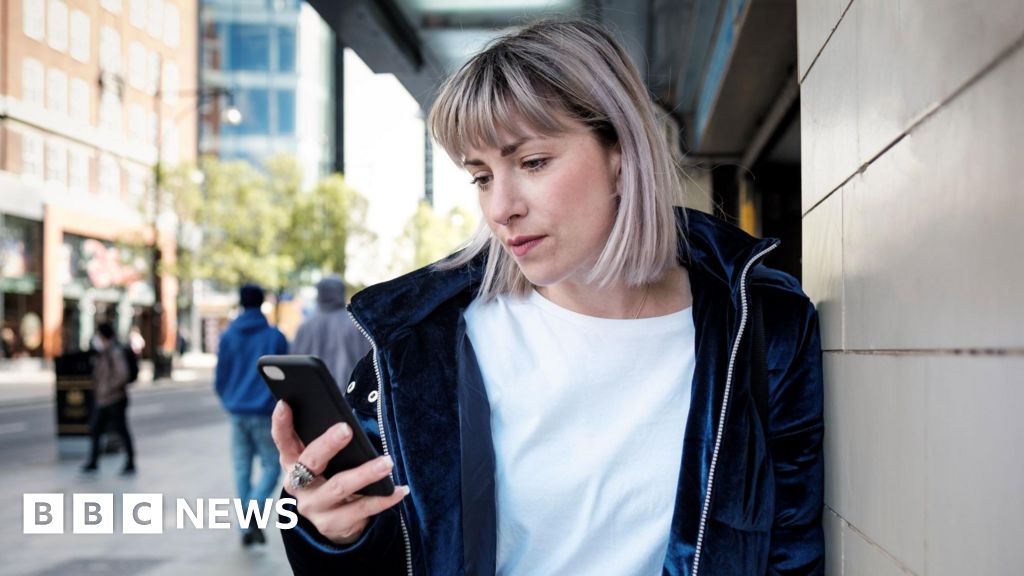The boss of Vodafone has insisted the telecom firm’s merger with rival Three – which has lastly been accepted by the regulator – is not going to end in increased costs.
The £16.5bn tie-up will create the UK’s largest cell community, with 27 million clients.
It has been given the go-ahead conditional on the merged corporations agreeing to speculate billions within the nation’s 5G community and to cap sure cell tariffs for 3 years.
Vodafone’s chief govt Margherita Della Valle informed the At present programme, on BBC Radio 4, the deal could be “self-funded”, which meant “no further prices from public funding and no further price for our clients”.
The regulator, the Competitors and Markets Authority (CMA) had beforehand raised issues that the deal may drive up individuals’s payments.
However Stuart McIntosh, who led the watchdog’s probe into the merger, stated it had now concluded it was “prone to increase competitors” within the cell sector and needs to be allowed to proceed.
The CMA stated there could be legally binding commitments on Vodafone and Three to spend money on the UK cell community infrastructure for eight years, whereas chosen cell tariffs and information plans could be capped for 3 years to “shield giant numbers” of consumers from short-term worth rises.
The CMA has not outlined which particular worth plans could be protected. It’s understood this element will probably be in a full report into the merger, which has not been printed but.
A Vodafone spokesman informed BBC Information that it had additionally not but seen the CMA’s full report, however there needs to be extra particulars on the affected tariffs “within the coming days”.
The rising price of cell phone contracts and different digital companies has been an issue of concern for regulators as has the gradual tempo of the UK’s 5G roll out.
Kester Mann, an analyst from CCS Perception, stated it was a landmark second.
“This mega-merger marks one of the vital moments within the historical past of UK cell,” he informed the BBC.
He added it appeared to “largely strike a great stability between nurturing competitors and inspiring funding”.
Trade analyst Paolo Pescatore informed BBC Information it was nonetheless a “ready recreation” when it comes to assessing the affect of the tie-up.
“The underside line is it should take a few years earlier than the total deserves of the deal are realised, and there’s numerous powerful selections to return,” he stated.
Mr Pescatore additionally stated “it’s now as much as each events to ship on their guarantees”, however “that ought to imply wins for UK plc – bringing a lot wanted funding within the community – and for customers within the type of higher companies”.
That is the most recent instance of consolidation within the UK cell market.
In 2010, Orange and T-Cell emerged to create EE, which itself was taken over by BT in 2016.
Then, in 2021, the CMA accepted a £31bn merger of Virgin Media and O2.
These offers have been adopted by job cuts. EE axed 1,200 roles within the months following the merger of Orange and T-Cell, then an additional 550 jobs the following year.
Vodafone and Three have beforehand claimed their merger will create hundreds of latest jobs.
However the union Unite has warned previously that the deal may add an extra £300 a year to customers’ bills, and result in “as much as 1,600 jobs” being misplaced.

